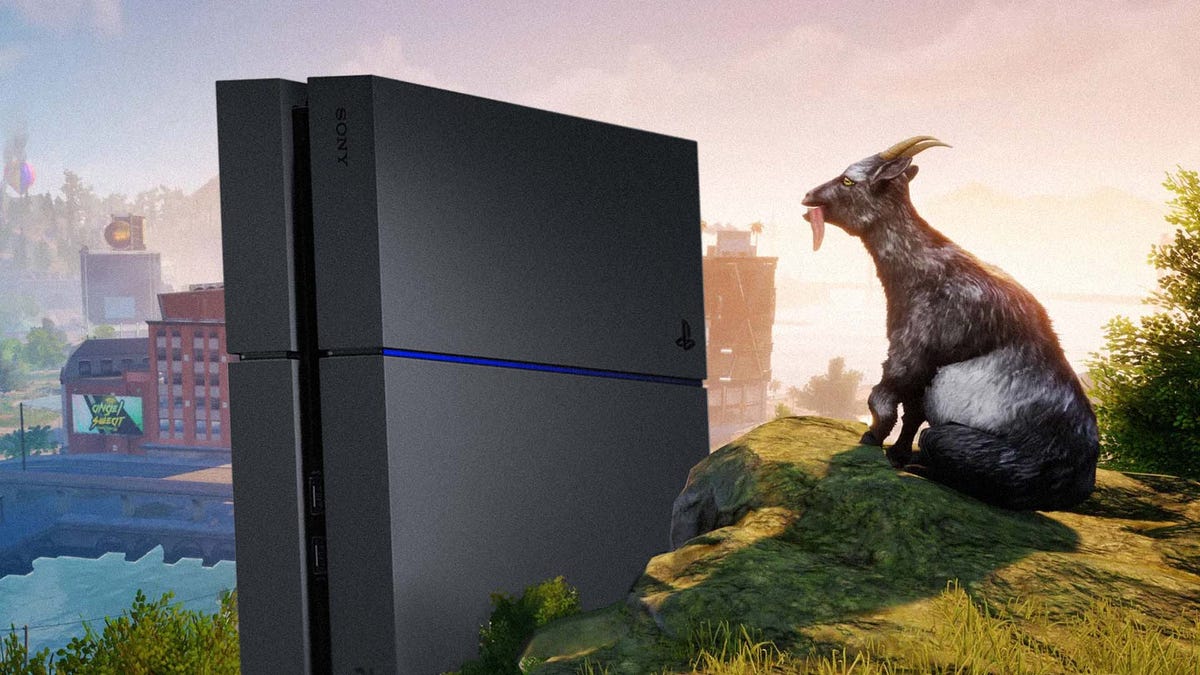I often struggle to maintain a sense of calm, my mind buzzing with anxiety about both today and what’s to come. My family life, much like anyone’s, is filled with its own chaos. Sure, I could step outside for a walk, but more often than not, I get trapped by the routines of daily life. Living in a compact space doesn’t help, as it’s tough to find a moment of silence. Not to mention, even if the world outside went quiet, the whirlwinds of worries and thoughts in my head wouldn’t necessarily cease.
Music and the soothing calls of whales have offered brief moments of respite in the past, yet what I truly need is something that keeps me from spiraling too deep into my mind’s labyrinth. Thankfully, we live in an age where technology offers incredible tools for those times when a therapist isn’t accessible.
Two resources that have been a lifeline for me are Tripp’s virtual reality meditation platform and their free mobile app. The VR app resonates with me because gaming has always been my escape—a way to mute the noise in my head and immerse myself in another world. Tripp’s co-founder and CEO, Nanea Reeves, shares a similar sentiment.
“Throughout my life, video games have been a sanctuary during challenging times,” Reeves shared. “Even a simple game on my phone can pull me out of negative thought spirals and give me clarity.”
On days when I feel particularly overwhelmed, I’ve turned to the free VR app demo several times. In that virtual realm, I find a sense of personal solace, a chance to relax and simply exist. It offers an immersive experience with calming sounds and vibrant, kaleidoscopic visuals that transport me to a tranquil headspace.
The concept behind Tripp draws inspiration from the powerful, immersive potential of virtual reality itself. Reeves explained, “My early investments in Oculus opened my eyes to VR’s capabilities. Initial experiences played on fear—making users feel like they were standing on a cliff’s edge—that intrigued me. If VR could instill fear so vividly, could it not also evoke other, more positive emotions?”
During the sessions, I’ve witnessed stunning virtual fireworks and even had a hummingbird named Terrence pay me a visit. The app guided me through a meditative exercise that involved maneuvering a sphere through obstacles by tilting my head, with each gap representing a space between thoughts—where, as the narrator says, “joy resides.” This visualization, as described by author Pema Chödrön, is like sunlight breaking through clouds. It was a fresh perspective, helping me see my thoughts as tangible objects and allowing me to focus on the bright spaces in between, a metaphor particularly powerful for visual thinkers.
An additional tool from Tripp is their AI assistant, Kōkua, now available on the VR platform. Using Kōkua is straightforward: you enter your current mood, and the AI, channeling the voice of CEO Reeves, responds with comforting insights. It crafts a concise reflection, guiding you through managing your stressors, and you can offer feedback on its effectiveness afterward.
Most of the time, I found the app genuinely helpful. There was a minor hiccup once when it assumed I had kids, but usually, it understood my concerns, offering validation for my feelings when I needed it most.
The initial release of Kōkua on mobile made sense for Tripp, as Reeves noted the need for user feedback before launching it widely on their VR app. “Our mobile audience is smaller,” Reeves acknowledged. “We wanted to fine-tune our approach based on how users engage with it for support.”
While both the VR and mobile offerings are beneficial, Reeves emphasizes that these tools are not substitutes for professional therapy. “We do integrate connections to support networks,” she said.
Should the system detect a user in distress, it’s equipped to guide them towards professional help. While Tripp’s offerings can’t mimic therapy, from my experience, they’ve provided comfort during turbulent moments. Even if external circumstances remained unchanged, these apps helped me find a sense of serenity amid chaos, reminding me there’s a center of calm in any storm. Life’s challenges persist, but Tripp offers a momentary reprieve, a chance to just be okay.
With its vibrant, soothing environment, Tripp VR, alongside Kōkua’s empathetic AI, makes a meaningful difference. Though not a licensed therapist, the AI offers a feeling of being heard, an important aspect for those struggling with personal turmoil.
The potential of VR and AI to enhance psychological well-being is immense, and as these technologies evolve, they could emerge as valuable tools for mental health professionals worldwide.
Terrence J. Smith has lent his voice to various nonprofits and publications, both in print and online. While he’s passionate about technology, he also makes time to meditate and enjoy the natural world.



